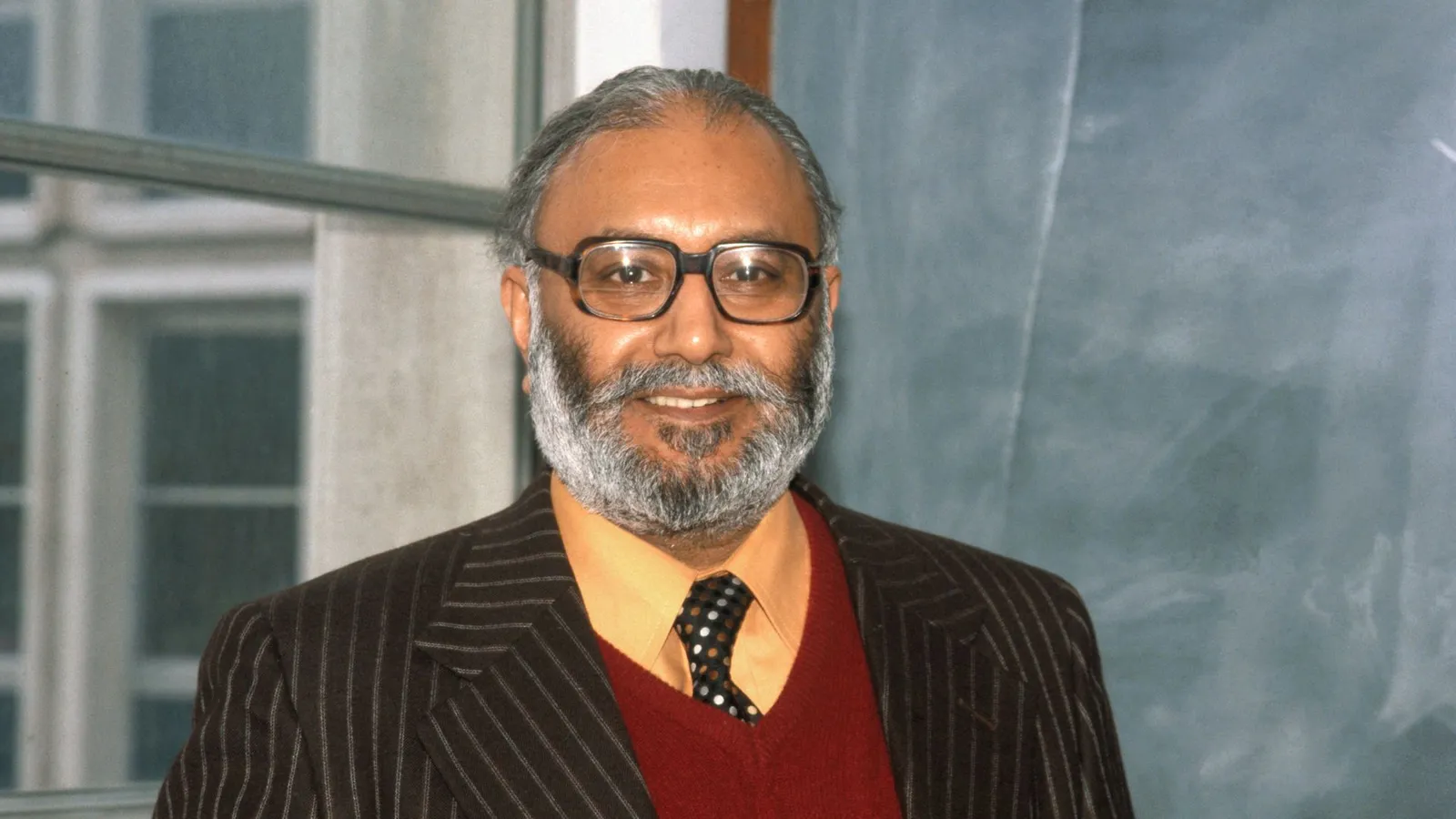Dr. Abdus Salam
Nobel Laureate in Physics

The first Pakistani and Muslim Nobel Laureate in Science
1926 - 1996

Credit: Getty Images
Biography
Dr. Abdus Salam was a Pakistani theoretical physicist who received the Nobel Prize in Physics in 1979 for his contribution to the electroweak unification theory. He was the first Pakistani and the first Muslim to win a Nobel Prize in science.
Born in Jhang, British India (now Pakistan), Salam showed exceptional talent in mathematics from an early age. He attended Government College University in Lahore and later earned a PhD from the University of Cambridge.
Despite facing discrimination as an Ahmadi Muslim in Pakistan, Salam remained dedicated to advancing scientific research in developing countries. He founded the International Centre for Theoretical Physics (ICTP) in Trieste, Italy, to provide support for physicists from the developing world.
Timeline of Life
Born in Jhang, Punjab, British India (now Pakistan)
Graduated from Government College University, Lahore with highest honors in Mathematics
Earned PhD in Theoretical Physics from University of Cambridge
Founded the International Centre for Theoretical Physics (ICTP) in Trieste, Italy
Awarded the Nobel Prize in Physics jointly with Sheldon Glashow and Steven Weinberg
Passed away in Oxford, England at the age of 70
"The creation of Physics is the shared heritage of all mankind. East and West, North and South have equally participated in it."
- Dr. Abdus Salam
Key Achievements
Electroweak Unification
Formulated the mathematical theory that unifies the electromagnetic and weak forces
ICTP Foundation
Founded the International Centre for Theoretical Physics to support scientists from developing countries
Nobel Prize
First Pakistani and Muslim to win a Nobel Prize in Science (Physics, 1979)
Legacy
Dr. Abdus Salam's work continues to inspire generations of scientists around the world. The electroweak unification theory remains a cornerstone of the Standard Model of particle physics.
Despite political and religious challenges, Salam never wavered in his commitment to scientific progress and education in the developing world. The ICTP continues to serve as a hub for international scientific collaboration.
In Pakistan, Dr. Salam is remembered as a national hero whose achievements brought honor to the country. His life story serves as an inspiration for young scientists throughout the Islamic world.
Learn More About Abdus Salam
Articles
- Wikipedia – Abdus Salam
- BBC Culture – The Muslim Science Genius Forgotten by History
- Nobel Prize Biography
Videos
Contact Us
Feel free to reach out for inquiries or collaborations.